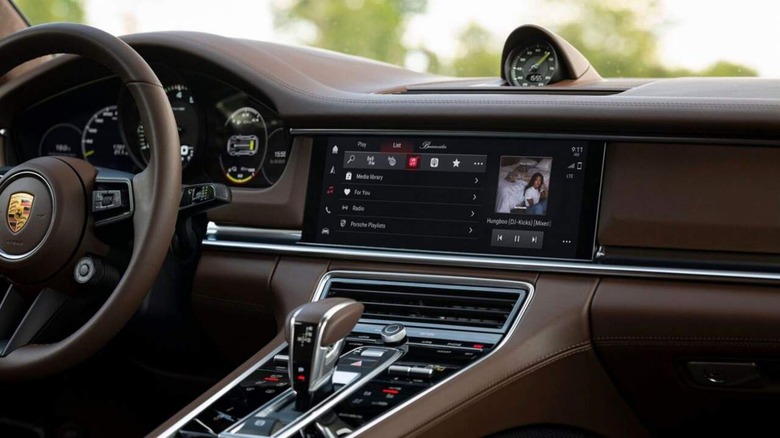Auto Industry Sees Increased Demand Despite Shortages
The pandemic is impacting industries worldwide, particularly those that rely on high-tech microchips for their products. With pandemic-related shutdowns, the supply of microchips is low, something hitting the automotive industry particularly hard. All automotive manufacturers are seeing pandemic-related shortages of microchips, leading some to cease production of certain vehicle models or produce the vehicles without critical components that need microchips.
Despite pandemic-related shortages, there is demand for automobiles, and car sales are up. As the pandemic has begun to ease, key tradeshows are being held again in person for the first time in two years. One of note is the SEMA tradeshow, where automotive manufacturers traditionally show off new vehicles and heavily customized vehicles to the masses.
Automotive manufacturers worldwide are searching for ways to reduce dependence on microchips and obtain raw materials needed to construct vehicles that are in demand. An interesting revelation from SEMA VP of product development and OE relations Mike Spagnola is that despite the supply chain is currently suffering, business has been strong because many people stuck at home and chose to work on their cars. That has led to strong sales for many aftermarket suppliers to the automotive industry.
Shortages of microchips and materials have also impacted these aftermarket manufacturers. Many build parts that vehicle owners add to their vehicles to increase performance, capability, and style. A representative for the SEMA show has stated that they expect shortages to continue into next year, but manufacturers are working to get around shortages, and there are cars for drivers to buy.
Depending on which area of the country you live in, there may not be many cars to buy, as anyone forced to purchase a new car in recent months can attest. Often exorbitantly high prices for used vehicles are forcing many consumers to seek out new vehicles instead. As a personal example, recently, my wife's 2014 Ford Fiesta, a model notorious for transmission issues, suffered a transmission failure. We live in the front range of the Rocky Mountains in Colorado, and her commute takes her through a mountain pass where there is no cellular coverage, and frigid temperatures can lead to death for stranded motorists.

Rather than risk another transmission failure, we opted to buy a different car. In many instances, prices on used cars were on par with what they cost brand-new despite being a couple of years old and having tens of thousands of miles on the odometer. We decided if we had to pay new-car money, we'd simply buy a new car. However, within 500 miles, the supply of economy cars in the $25,000 or less range was extremely tight. There were no new Toyota Corollas, Hyundai Elantras, Honda Civics, or Kia Fortes within 500 miles. But we were able to find a midrange Nissan Sentra SV selling at MSRP with no discounts, but it was the same price as used models with tens of thousands of miles on them.
The upside with the chip shortage is this is a great time to sell a used car. If you're stuck in a lease or loan for a vehicle you don't like, many automotive dealers are willing to spend vastly more than they normally would to buy out a lease or pay off a car you still own money on that you no longer want. Another personal example, I was able to get out of the lease on a Jeep Renegade that I no longer wanted because the Jeep dealership was desperate for anything other than high-end Grand Cherokees and Wranglers. This is a car I tried to get out of six months ago and would've had to come up with thousands and thousands of dollars out-of-pocket at the time. Interestingly, when I checked the dealer's website a few days later that Renegade was listed at $1000 more than it cost brand-new at a year old and 11,500 miles.
The chip shortage and pandemic have certainly resulted in changes in many industries and many people's lives. The upside is more value in used vehicles you might no longer want, and many companies have realized that it's okay to allow people to work from home, which is a great thing for many people.
